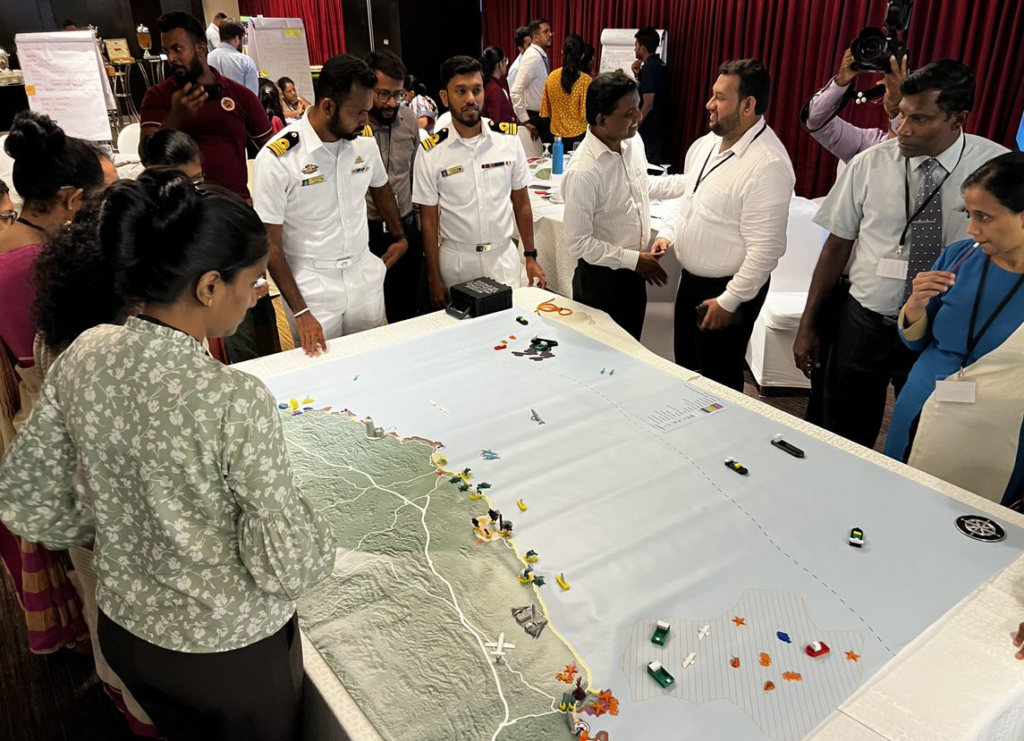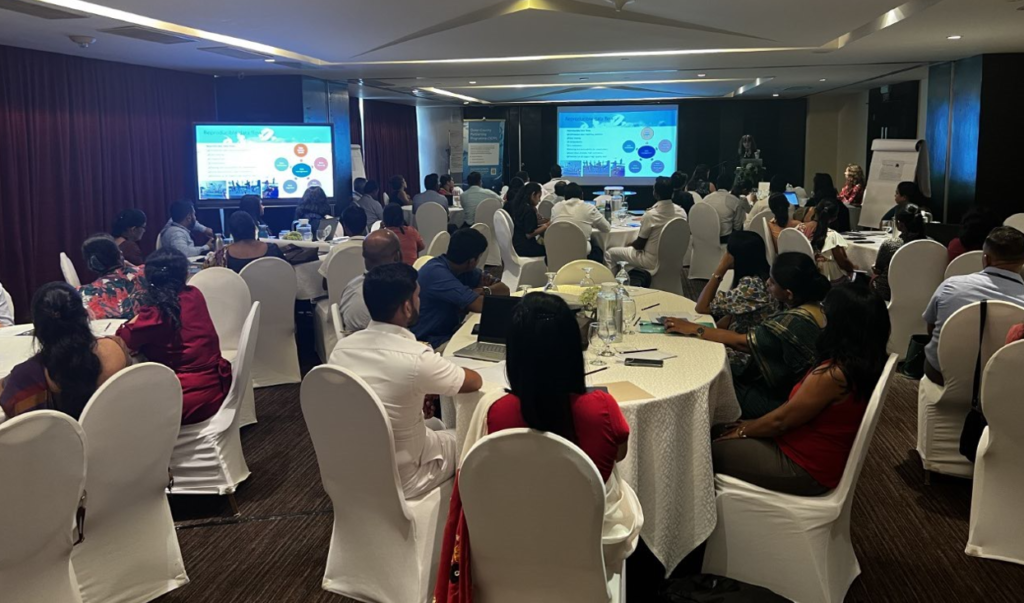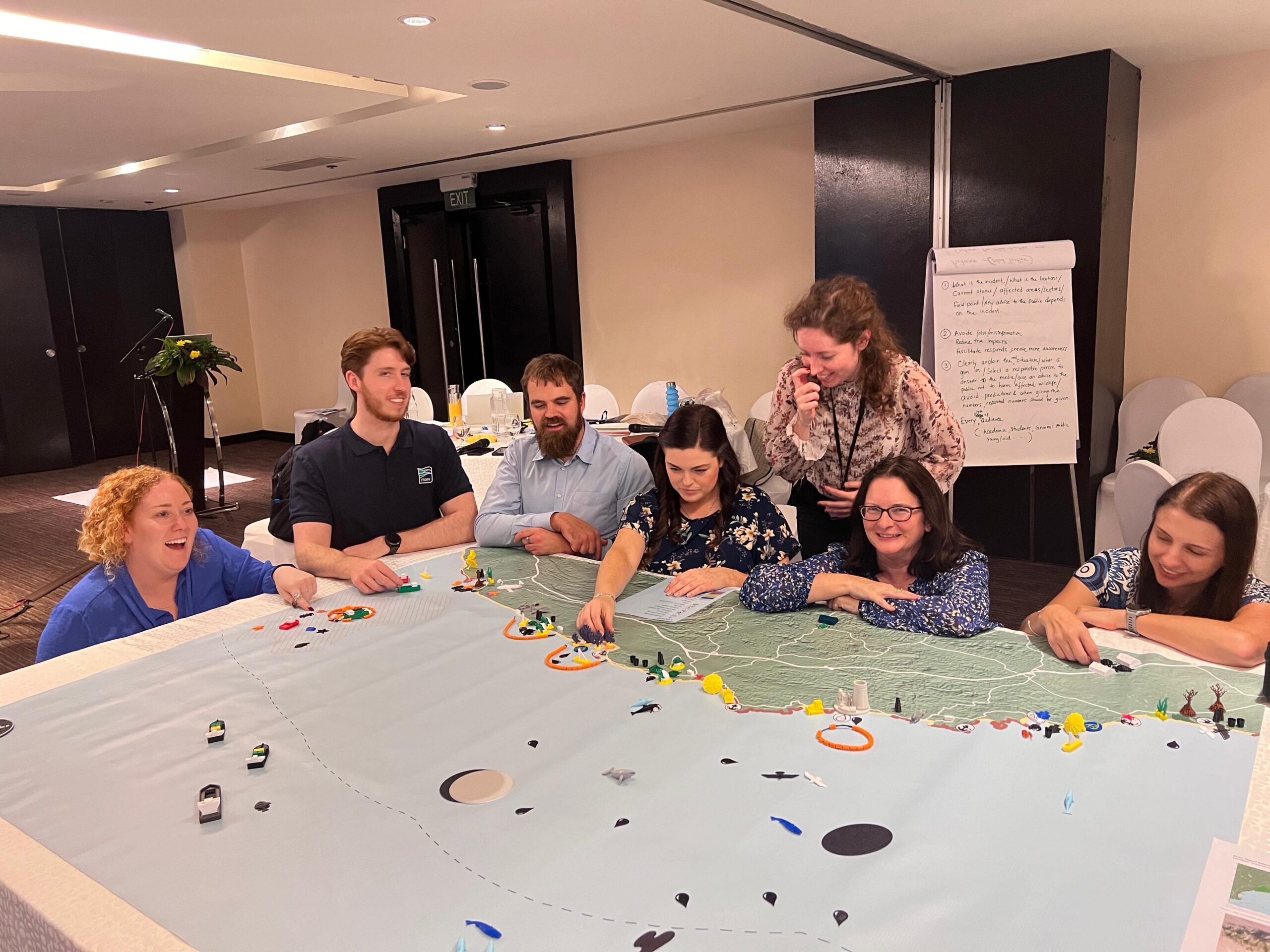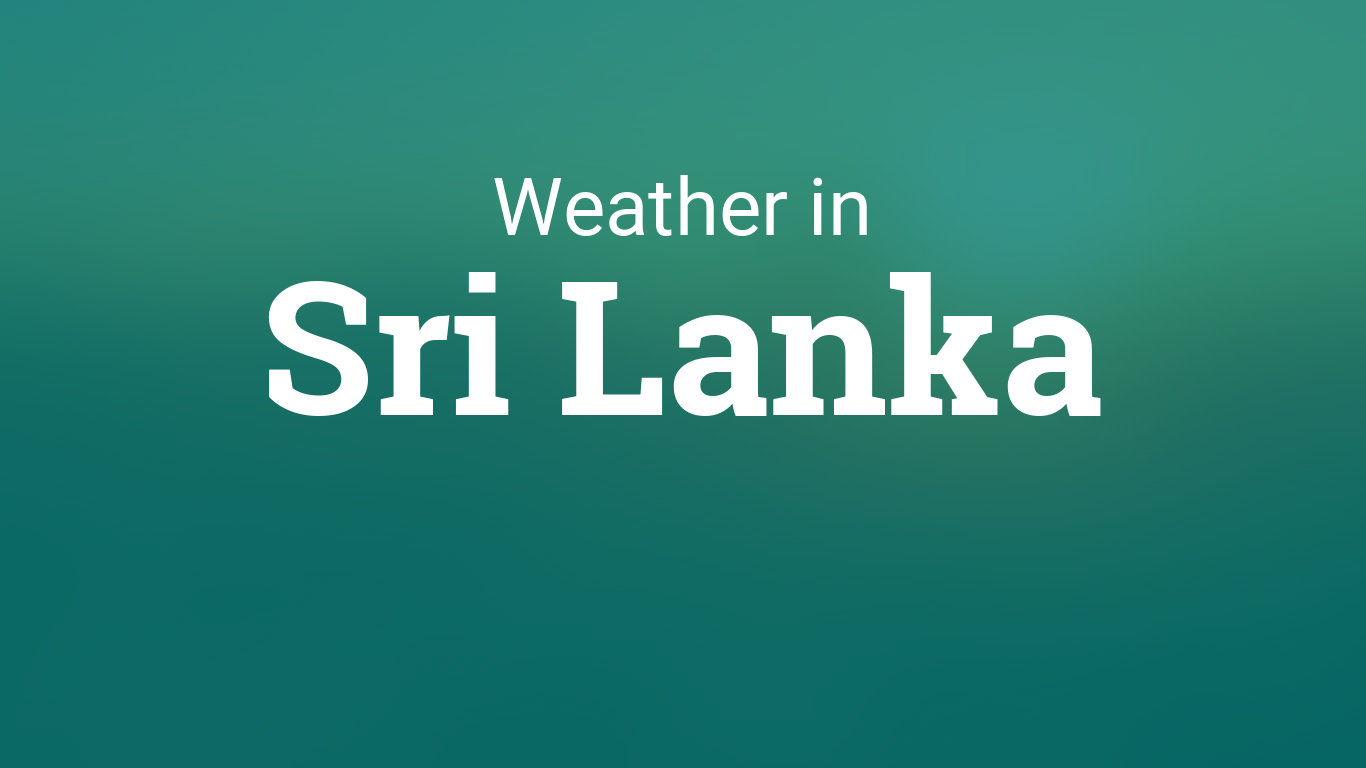A team of UK-based pollution response experts delivered the workshop “Working Towards Proactive Environmental Preparedness in Sri Lanka”, with Sri Lankan stakeholders including Government, Non-governmental Organisations and academia.
The workshop was delivered under the Ocean Country Partnership Programme (OCPP), a UK government-led programme funded through the Blue Planet Fund. The fund partners with eligible countries to deliver tangible and positive impacts to the livelihoods of coastal communities who depend on healthy marine ecosystems by supporting sustainable marine management.
The aim of this workshop was to provide a partnership platform to showcase science, expertise and best practice from Sri Lanka and the UK to enhance collaboration, communication and strengthen Sri Lanka’s environmental response capabilities for marine pollution emergency
incidents.
The event was carried out in partnership with the Marine Environmental Protection Agency (MEPA) in Sri Lanka where it showcased science, expertise and best practice in pollution response from Sri Lanka and the UK.
More than 70 representatives from Sri Lankan Government, Universities and NGOs were brought together with the support of colleagues from British High Commission in Colombo.
Workshop attendees shared their lessons learned from historic pollution incidents and discussed key legislation and preparedness principles to ensure an effective and timely response to marine pollution incidents in the future.
A range of topics were covered across the four-day event, including principles of post-spill monitoring, fate and transport modelling, ecotoxicology, hydrocarbon analysis, collection and coordination of data and ecosystem restoration. Expert Sri Lankan scientists and researchers displayed a range of relevant research, projects and lessons learned too.
Other international expert organisations contributed to the event: ITOPF delivered sessions on waste management, communications and media and The South African Foundation for the Conservation of Coastal Birds (SANCCOB) hosted exercises and presented on oiled wildlife
response. The UK’s Maritime and Coastguard Agency has also been supporting with this work and are the lead UK agency for pollution response at-sea.
“The workshop was a fantastic success. It was a great opportunity to get key stakeholders in the room for a rigorous discussion about Sri Lanka’s preparedness. Every attendee engaged with the material and worked hard to get a lot from the presentations and exercises. It was
highly useful to see the lessons learned from the X-PRESS PEARL incident being used in discussions and hopefully this should result in a stronger response should an incident of that scale happen again.” Conor Bolas, Technical Adviser, ITOPF
“The recent occurrence of two significant ship-based pollution incidents in Sri Lankan waters underscores the inherent risks faced by the country and highlights the pressing need for enhancing its preparedness in dealing with maritime disasters. Drawing valuable lessons from
these incidents, it is imperative that concerted efforts be made to fortify the country’s response capabilities to both oil and Hazardous and Noxious Substances (HNS) pollution. This workshop serves as an excellent platform to facilitate the exchange of perspectives among all
stakeholders involved. By pooling insights and expertise, we can collectively identify areas for improvement and formulate strategies to bolster our nation’s ability to respond effectively to oil and HNS pollution incidents. Moreover, this gathering provides a unique opportunity to garner international support and expertise, as we strive to elevate Sri Lanka’s response capabilities to global standards.” Jagath Gunasekara, MEPAs Deputy General Manager (Operation).






